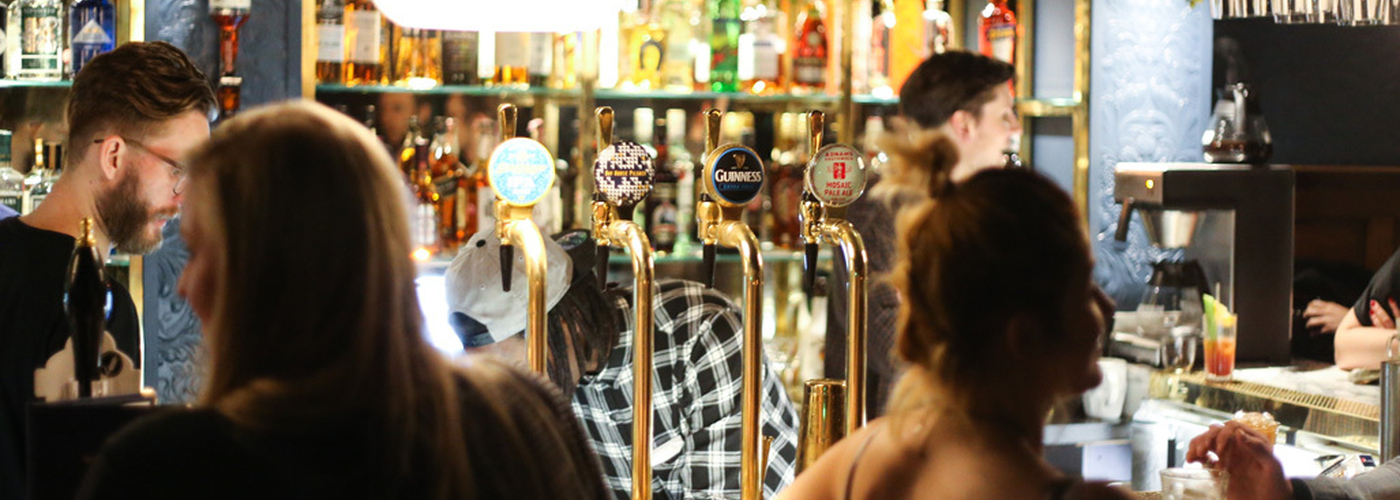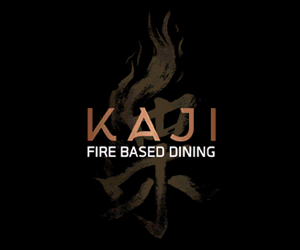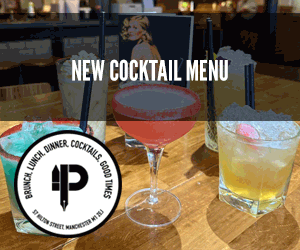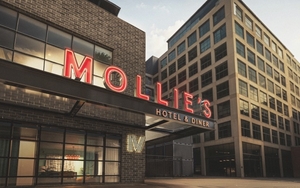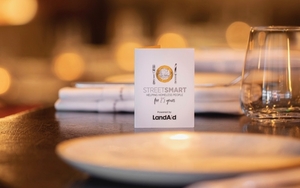Last week Andrea Sandor looked at those being pushed out. This week, she examines those coming in and staying put.
The Northern Quarter is known as Manchester’s independent, quirky heartland, but how independent is it really? Earlier this month, I looked at some of the community organisations and independents being pushed out of the area. This week, I’m interested in who’s still there, who’s moving in and who actually owns all of these new spots popping up across the neighbourhood.
What you might not realise is how many of Northern Quarter's most popular venues are actually owned by just a handful of individuals.
The largest of these groups, Mark Andrew Developments, runs six Northern Quarter operations (Rosylee, Fitzgerald’s, Hula, Walrus, Tusk, the Blue Pig) and eleven in total, including Lazy Lizard, the Ibiza-style nightclub in the Printworks.
I wonder what “independent” means in this context when so many NQ establishments have significant capital behind them
Then there's Beautiful Drinks, which opened Keku Moku (now Convenience Store) in 2009 and went on to open Home Sweet Home, Almost Famous and Luck, Lust Liquor & Burn in 2012 and 2013.
Another big NQ hitter is The Black Dog and Liar’s Club Groups, which share six Northern Quarter enterprises - including Crazy Pedro's, Black Dog and Bay Horse Tavern - and ten in total. Black Dog founder Ross Mackenzie is open about their intentions to grow, telling me over the phone, “We’re bringing the gospel to the rest of the country.”
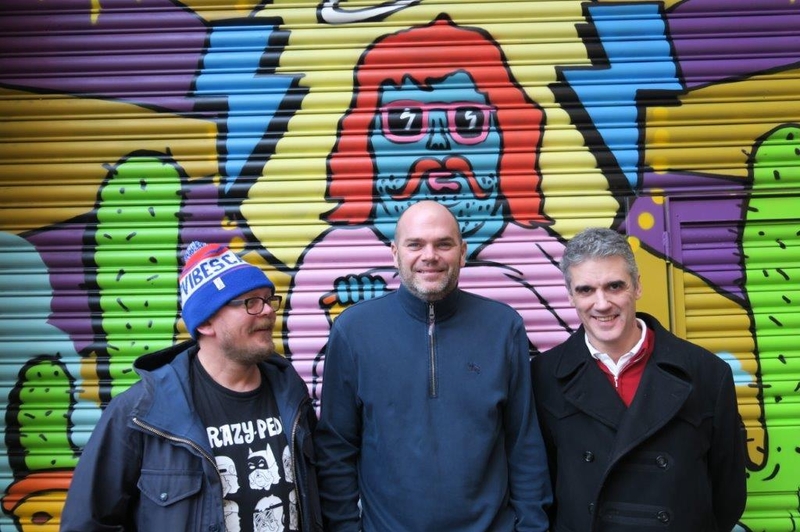
Newer on the scene has been Joe Fearnhead and Alex Johnson, who opened Kosmonaut in 2012, then Ply in 2015 and, coming soon, the Quick Brown Fox (which has been anything but).
Back in 2004, Jonny Heyes opened Common on Edge Street, heralding in a new era in the street’s life, and later went on to open Port Street Beerhouse, as well as the Beagle in Chorlton and The Pilcrow in NOMA.
But perhaps starting it all was Hatter’s Hostel in 2003, which has recently opened West Corner, Corner Cocktail Club, Hold Fast Bar and The Patron. They also have three other hostel locations.
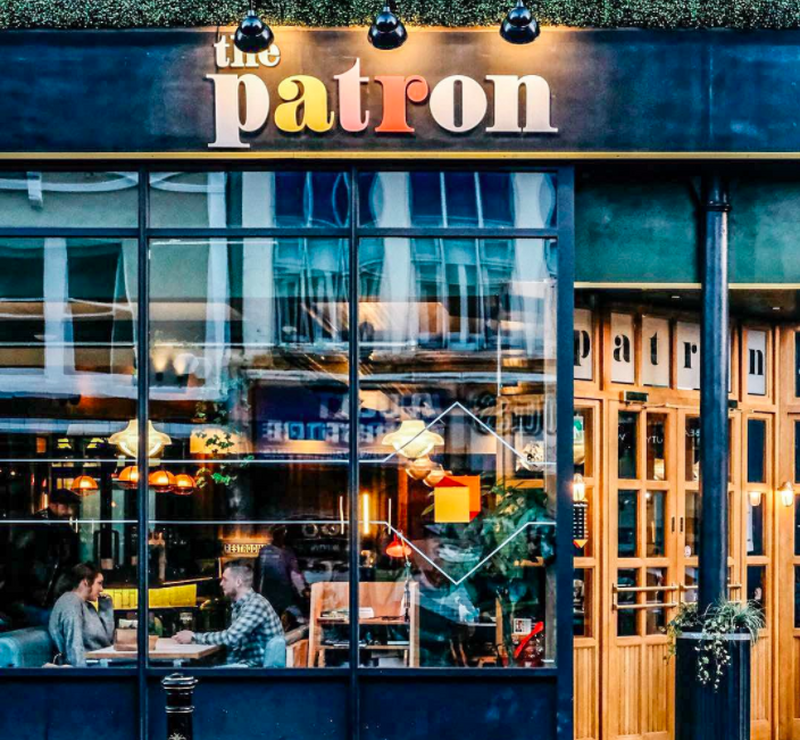
Clearly the Northern Quarter has been a good place to get into the bar and restaurant business. And whatever your opinion of any of these individual groups, you have to admit that as businesses they’ve played the game well.
For at least some of them, they got in at a good time and simply grew from there. Mackenzie, Ferguson and Higginson have lived on and off in the Northern Quarter for decades. They worked in the industry, got to be friends and their enterprises were born out of lunchtime conversations. Considering the area was less desirable at the time, there were more spaces for rent. “We opened four in the Northern Quarter because there were opportunities under our nose,” Mackenzie explains.
Similarly, Heyes tells me, “If next door comes on the market, it just makes sense to go for it if you have a new idea. You already know the area, the customer, and what might work.”
It’s not surprising the Northern Quarter got bought up by successful, local entrepreneurs in this way. And while perhaps no longer strictly “independent” on paper, at least some of these groups are invested in retaining the area’s character - take The Bay Horse Tavern for example.
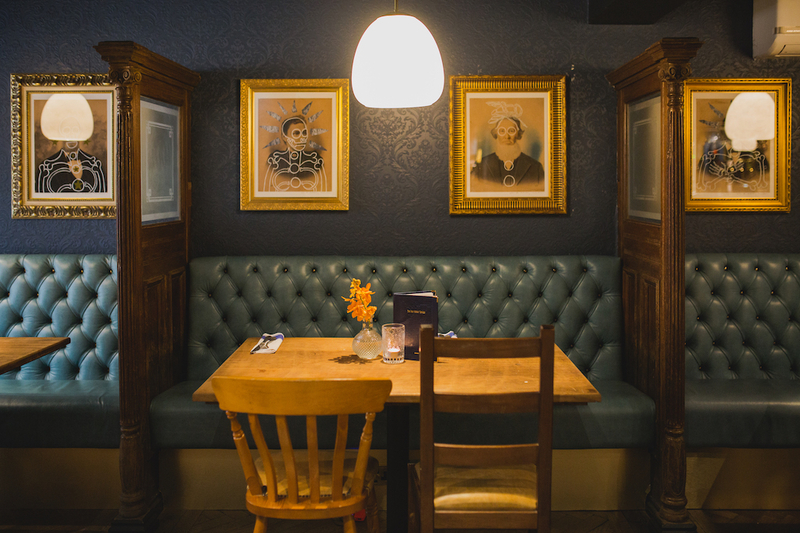
So who else has moved in? In terms of chains, the obvious one is Turtle Bay, which has 43 locations throughout the country. Ace & Tate, the Dutch eyewear brand, has just opened a location on Oldham Street, while easyJet's budget hotel chain, easyHotel, have recently opened on Dale Street.
What else? Cooper Hall beer hall is owned by those behind NoHO and Dusk 'til Pawn round the corner, Tariff and Dale is the sister venue to Lead Station in Chorlton, while Flok is tied to Wine & Wallop and Folk in Didsbury.
I start to suspect that almost all Northern Quarter bars and eateries are either part of a mini-chain or owned by someone who owns other ventures. I put it to the test, asking the staff at Chapter One whether there are other Chapter One’s. “No, no, we’re an independent,” a lovely woman behind the till tells me. She then goes on to say the owner has several other businesses, although she’s not sure what they all are...
I leave Chapter One and stalk the streets, wondering what “independent” means in this context when so many of the Northern Quarter’s establishments have significant capital behind them, whether capital they’ve made through businesses in the area or elsewhere.
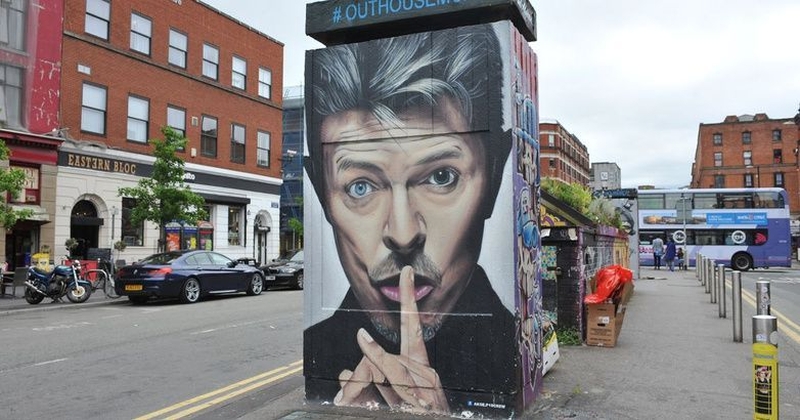
There are some independents left though. I walk into Al-Faisal for curry and discover they’ve been there for 26 years. A friend of the owner used to have a fashion business on Stevenson Square and has been in the area since the 1970’s; he tells me the Northern Quarter changes every 25 years or so. I wonder whether the curry house has survived, first as a food staple, then riding the dining trend. (The curry, by the way, is out of this world.)
I’m also intrigued by Siop Shop, run by Iwan Roberts and Lucy Jackson, the super chefs behind Manchester’s much loved bakery Blawd, previously operated out of the basement of Common. I walk into the cafe, hoping to get contact details for the owner, and moments later am sitting, chatting with Iwan.
...he tells me he’s resigned to the Northern Quarter being a Shoreditch
Iwan is realistic about the Northern Quarter - it’s a premium place now and businesses need to make premium rates. He doesn’t think that precludes being an independent, “It’s possible to make business rates work while being an asset to the community.”
When I ask him whether he’d consider opening up other locations, he says he could certainly imagine doing so - the operation is chainable. But he has concerns about how big it could become before losing its independent ethos.
I’m impressed by how many of the customers greet and bid goodbye to Iwan while we’re chatting, and he’s also quick to jump up and help at the counter when a queue starts. That’s the type of place he wants to Siop Shop to be - a true community cafe. At the same time, he also tells me they work 80-90 hour weeks, and I wonder whether they need to expand to be sustainable. (This is what my hairdresser in Prestwich tells me anyway - and yes, I’m talking to every business owner I can about this.)
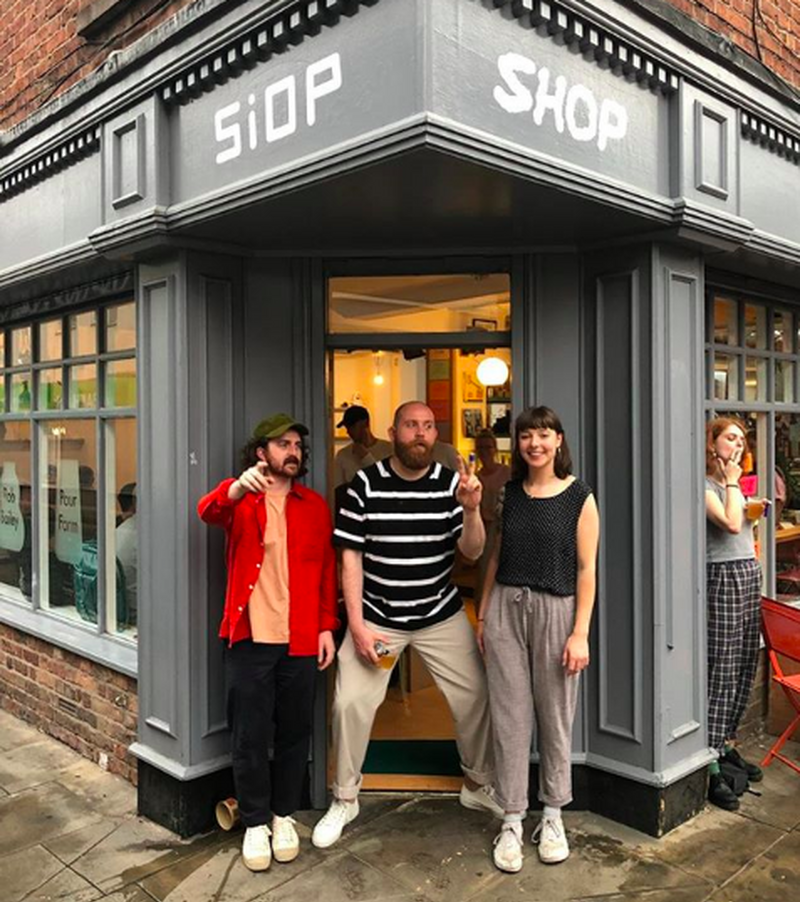
Having multiple operations doesn’t mean a company loses its independent spirit, though, in so far as independents foster community. Without prompting, everyone I talk to in the creative community speaks highly of Jonny Heyes. While shrewd and realistic about gentrification and the market (he tells me he’s resigned to the Northern Quarter being a Shoreditch), he’s also engaged in community events. He tells me they’ll exhibit a local artist, not because it’ll make money but because “it’s worth doing.”
So amidst these developments in the Northern Quarter, there are lingering signs of the independence. However, just about everyone - whether heralding in the rich age of dining or bemoaning the disappearing past - agrees that Ancoats is the new home of start-ups and independents.
But is it really? Rudy’s Pizza is now owned by Mission Mars, the daddy of all Manchester empires; its portfolio includes Albert Hall, Albert’s Schloss, Gorilla, Deaf Institute, The Viking Pub & Bakehouse, The Elephant Pub & Bakehouse, Liberty Tavern - and Trof in the Northern Quarter, foreshadowing Ancoat’s not-so-independent-future.
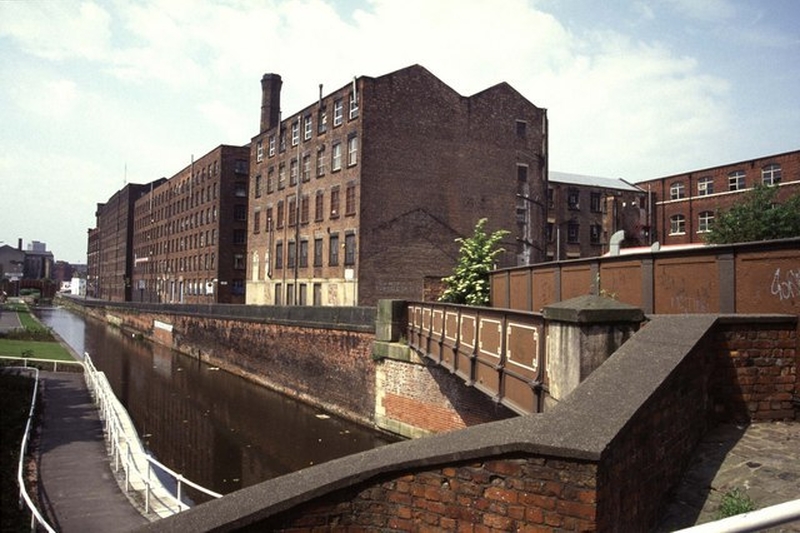
Jonny tells me “gentrification is a tide that doesn’t float all boats.” He’s right. There’s no point in feeling animosity towards any specific “mini-empires” or established business owners coming into the Northern Quarter. Capitalism favours capital. Local operators played the game well and now have the capital to play more, while others with enough capital want to join the game now.
But is this the game we want to play out in Ancoats, NOMA, Mayfield, etc?
It doesn’t have to be. For example, Councillor and occasional Confidential writer Sam Wheeler has suggested that greater devolution would give councils the power to create plans for their wards. These could include policies that encourage diversity, supporting independents, community organisations and “benevolent landlords”.
As other areas in the city are quickly developed, we need to decide what kind of city we want to live in. Do we let the same pattern of gentrification play out, or can Manchester develop differently?





